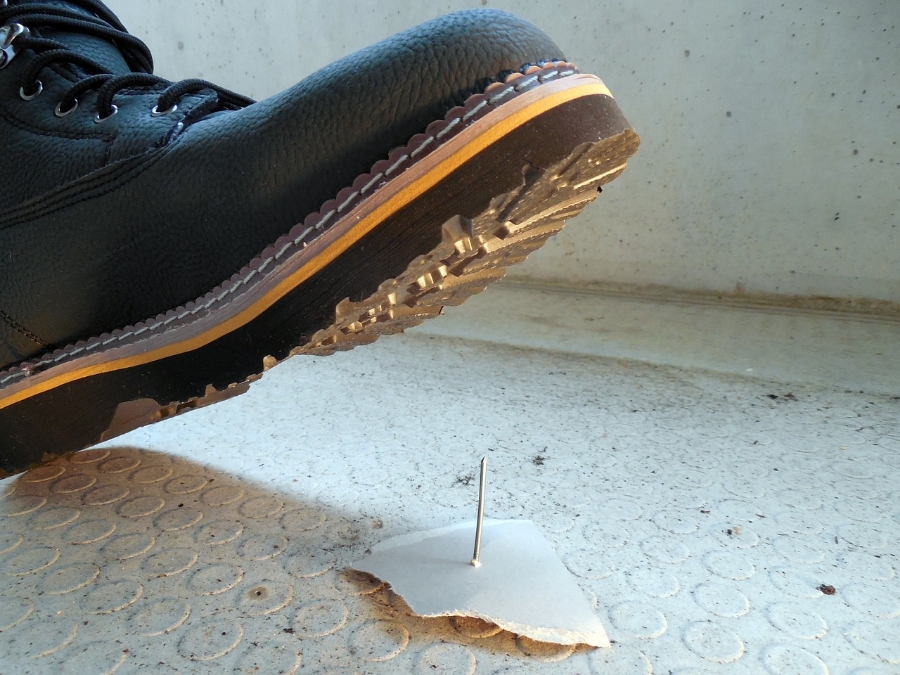
In any workplace that employs a large number of employees or in a job that has certain hazardous elements (like construction, welding, mining, etc), it's a certainty that from time to time someone will be injured on the job.
As the employer, it is your responsibility to provide your employees with a safe workplace and with the tools, equipment and training they need to reduce the likelihood of injury. But if an employee is injured at work, he or she cannot sue the employer but instead must make a claim through Workers' Compensation.
What You Need to Do if a Worker is Injured or Becomes Ill
1. Get medical aid immediately.
When an injury accident occurs or if someone becomes ill because of the work environment, make sure the worker receives immediate first aid and medical attention. Call 911 if it is a medical emergency. Do whatever is necessary to ensure that the employee is treated promptly and receives all the necessary care.
If it is not an emergency, advise the employee to see a doctor right away to have the injury or illness assessed and treated.
2. Put everything in writing right away.
The next step is to fully document the incident and file a written injury report with Workers' Compensation. Interview anyone else who was involved or who witnessed the incident and get their statements in writing. This should all be done as soon as possible while the details are still fresh in people's memories.
As soon as practicable after the event, provide the injured employee with the appropriate Workers' Compensation claim form.
3. Cooperate with authorities and principals.
Provide all paperwork and information requested by Workers' Compensation, the appropriate insurance carriers, medical service providers, and legal counsel with respect to the employee's injury.
What to Do After the Injury Event has Occurred
4. Accommodate the employee's recovery.
If the employee's condition is serious enough that they cannot return to work right away, advise them as to how much paid sick leave they are eligible for. If there are certain activities that the employee will not be able to perform until fully recovered, discuss with the employee how their job duties could be modified and whether there are other tasks that the employee would be able to do until the recovery is complete.
5. Remedy any factors that contributed to the situation.
If the injury or illness was a result of health and safety violations in your workplace, address those violations IMMEDIATELY so that no one else is hurt as a result.
Pro-Active Steps You Can Take to Protect Your Workers
6. Provide adequate training to all employees on the worksite.
Don't wait for accidents to happen. Make sure that all of your employees are properly trained for the jobs they perform. If their job entails handling hazardous materials, for instance, hold mandatory safety meetings and presentations to educate your workers in each type of substance they will be dealing with, correct storage methods, and how to avoid accidental exposure.
7. Make rules.
Draw up a written policy covering the specific types of workplace issues your employees will face, and what the consequences will be if they fail to follow the safety rules you've established.
Conclusion
So, back to our original question - can an employee sue you for an injury sustained at work? If you follow all of the above guidelines, your risks of facing a lawsuit from an employee who was injured on the jobsite will be greatly reduced. You will be able to illustrate that you took all reasonable precautions to provide a safe and secure workplace and that in the event of an accident or incident, you responded quickly and appropriately.
Image from Pixabay.com


